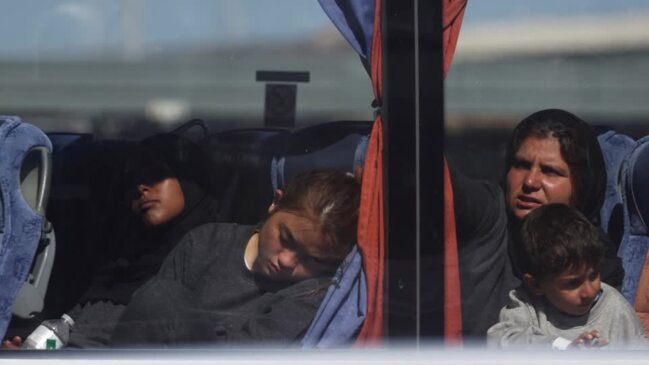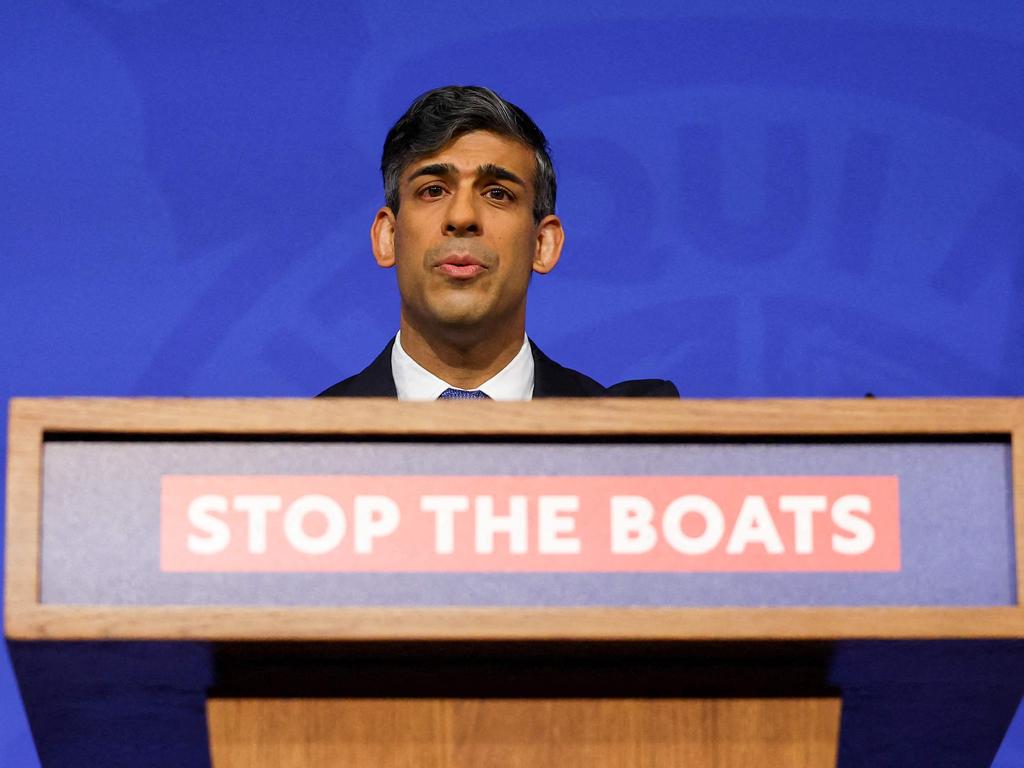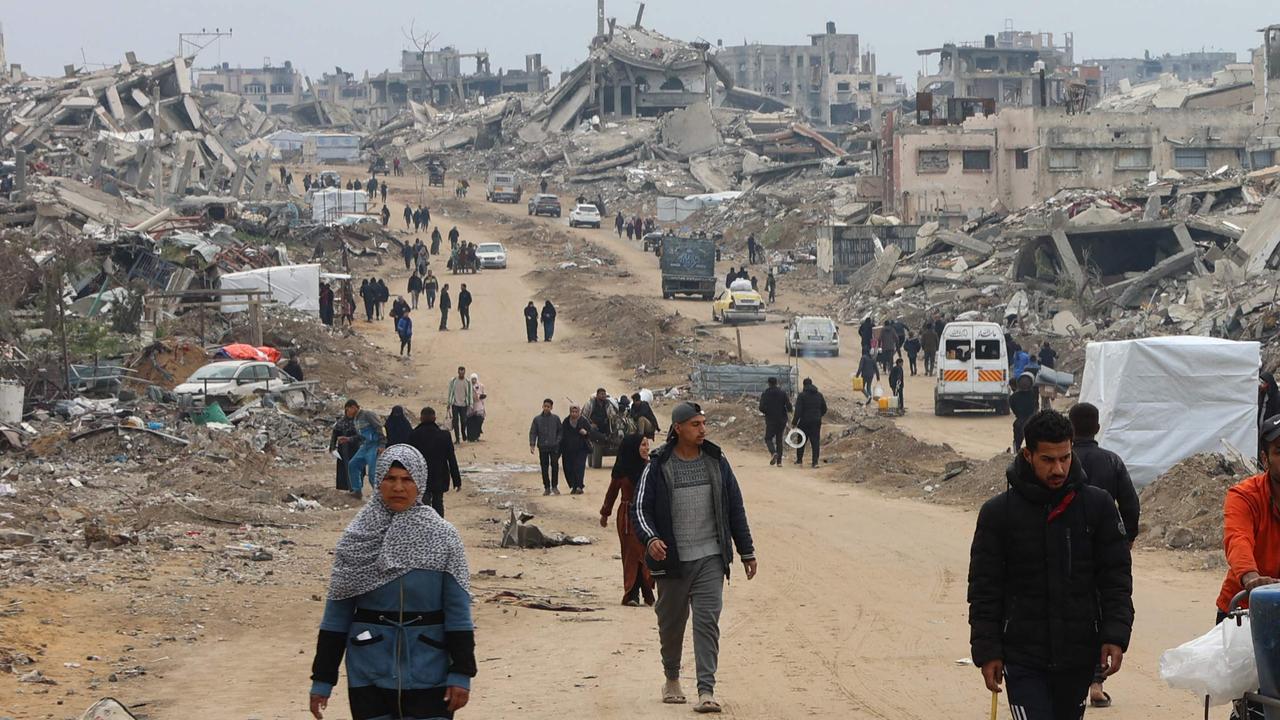Rishi Sunak faces battle with European Court over Rwanda
The Council of Europe’s human rights body said the bill ‘raises major issues about the human rights of asylum-seekers and the rule of law more generally’.

British Prime Minister Rishi Sunak is facing a showdown with the European Court of Human Rights after its sister agency said his Rwanda law violated judicial independence.
The Council of Europe’s human rights body said the Safety of Rwanda Bill, which finally passed through parliament in the early hours of Tuesday, “raises major issues about the human rights of asylum-seekers and the rule of law more generally”.
It said the legislation was in clear breach of the European Convention on Human Rights because there was a lack of “meaningful recourse to UK courts in relation to the key question of refoulement”, which refers to the risk of migrants being deported onward to their country of origin, where they may face inhumane treatment or torture.
The watchdog’s strongly worded intervention indicates that the European Court of Human Rights in Strasbourg will take a dim view of Mr Sunak’s bill. It sets up a showdown between Britain and the court, which blocked previous flights to Rwanda after issuing a last-minute injunction in June 2022.
Mr Sunak declared on Tuesday that “nothing will stand in our way” of getting deportation flights off the ground, and he insisted he would not let the European court block flights to Rwanda.
The bill gives ministers the power to ignore injunctions from the European court, although internal government legal advice has warned that such a move would breach international law. Mr Sunak said the bill was “not just a step forward but a fundamental change in the global equation on migration”.

It came as Home Secretary James Cleverly promised a “regular drumbeat” of migrant flights this year to Rwanda, which he described as an “amazing” country enjoying economic growth where migrants ejected from Britain could build “safe and prosperous” lives. Speaking during a visit to Rome, Mr Cleverly said Rwanda had “been on a remarkable evolution since the genocide”, referring to the tribal bloodletting in the country in 1994 that claimed 800,000 victims.
The first migrants to be deported to Rwanda will be from a pool of 5641 people who arrived in small boats more than a year ago. The Home Office is understood to have whittled down the number to about 350 migrants, of whom about half have been prioritised as the most watertight against legal challenges.
Officials are planning to detain the first migrants next week, which will trigger a set legal timetable for individuals to lodge appeals. Mr Sunak has said that he expects the first deportation flight to take off in 10 to 12 weeks’ time, although leaked documents revealed the first flight could take off in June.
Mr Sunak faced widespread condemnation after the bill finally overcame a lengthy stand-off between the House of Commons and the House of Lords. A letter signed by 251 civil society organisations, including Oxfam UK, the Refugee Council and Care4Calais, accused the Prime Minister of “abandoning our duty to share in the global responsibility towards those forced to seek safety”.
The most senior Christian leaders in Britain have joined forces to say they “retain deep misgivings” about the bill. Led by the archbishops of Canterbury and York, and with support from the Catholic Bishops’ Conference of England and Wales and the most senior Baptist, Methodist and United Reformed ministers, the joint statement said that they “note with sadness and concern” the way in which “the treatment of the refugee and asylum-seeker has been used as a political football”.
Mr Sunak also said he wanted to make it “crystal clear” that civil servants were expected to carry out the Rwanda scheme, after the FDA union said it would seek a judicial review. The Prime Minister said his plan would “deter vulnerable migrants from making perilous crossings” and would break the business model of the criminal gangs organising the boats.
The Times



